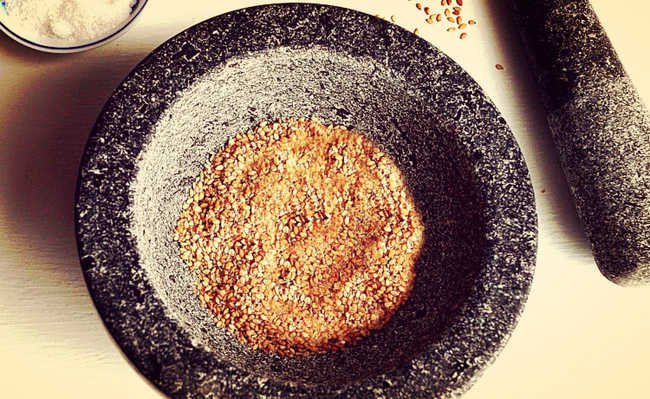Low relative humidity? Avoid dry weather symptoms
Rhinitis, asthma, eye irritation and even stroke... Dry weather can cause symptoms of various diseases. Know how to prevent yourself
 Image: Patrick Hendry on Unsplash
Image: Patrick Hendry on UnsplashThe level of relative air humidity considered adequate for human health by specialists varies between 40% and 60%, but in the southern hemisphere winter the air humidity easily falls below 20%. Dry weather can also be a problem in summer, especially in drier places, away from the coast or in large cities, where air pollution aggravates the likelihood of dry weather causing symptoms of various diseases, especially respiratory ones.
Problems caused by low air humidity
The low relative humidity of the air has several consequences, including the possible emergence of problems caused by dry weather. The main symptoms experienced when air humidity drops are:
- rhinitis
- Asthma
- other respiratory problems
- Eye irritation
- nose irritation
- Dry and sensitive throat
- skin dryness
- Heart problems
- Increase in stroke cases
According to the Brazilian Society of Cardiology, the blood becomes denser with the low humidity of the air, facilitating a possible "clogging" of blood vessels. In addition to health problems, there are domestic disturbances: dust accumulates much faster and furniture and wooden floors are more worn, with cracks.
Tips to prevent
Check out some tips to alleviate such consequences of dry weather:
- Avoid being exposed to air conditioning for a long time - prefer air humidifiers;
- A cheaper alternative is to spread open containers with water around the room, preferably near windows or anywhere where there are drafts (the water evaporates faster, moistening the environment);
- Consume lots of fluids;
- Prefer to exercise early in the morning or late in the day - avoid the late afternoon, especially in big cities;
- Avoid taking very hot baths as they dry out the skin;
- It is also recommended to use body moisturizers (free of parabens, phthalates and other harmful chemicals);
- Spreading plants around the house also helps, because through their "transpiration" the air becomes more humid (hint: one way to optimize the use of water placed on the plants is to water them at times of the day when there is no sun or when it is sunny. less intense, so less water is lost through evaporation).










